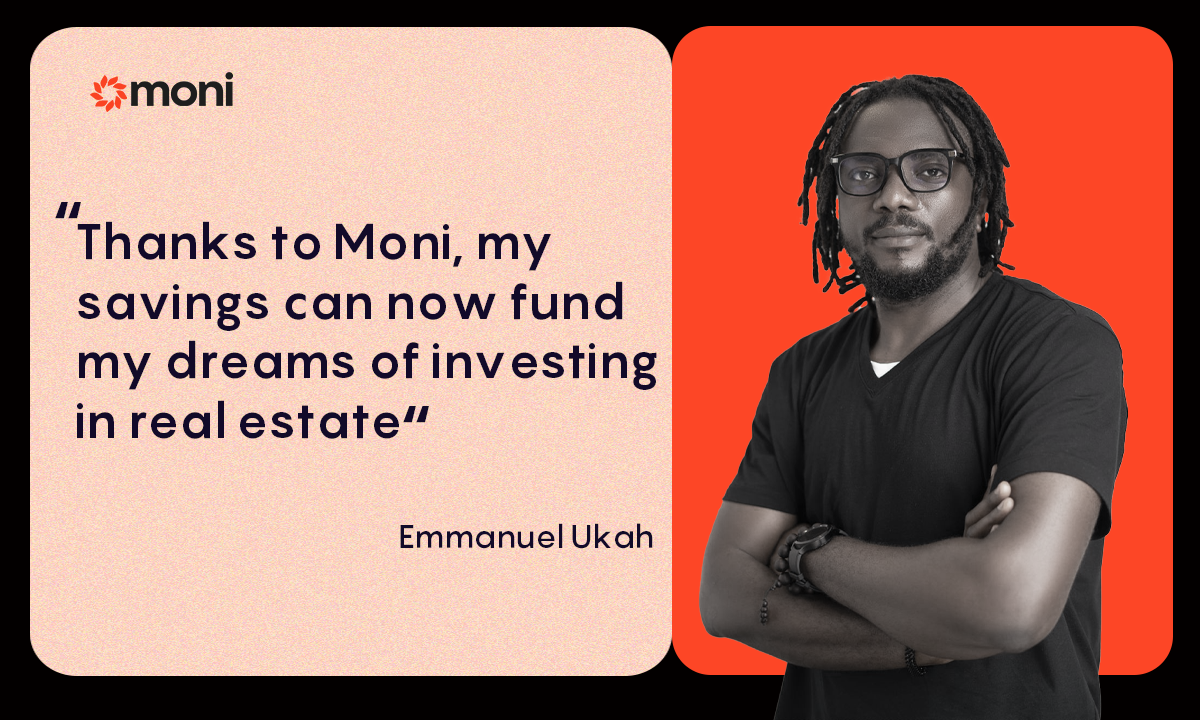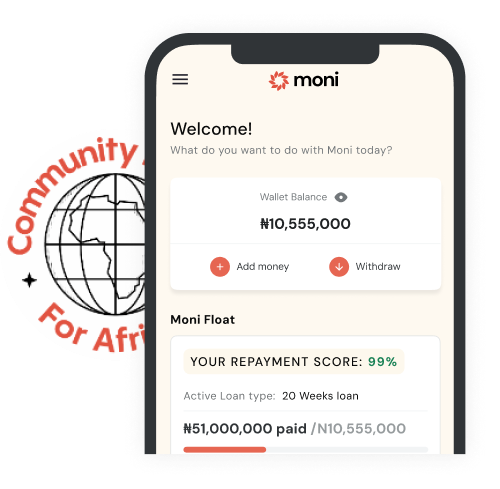Starting and growing a business can be tough, especially when you’re working with a limited budget. For small and medium-sized business owners in Nigeria, getting access to funds is often a major challenge. But there’s good news! The federal government offers a range of grants and funding schemes designed to help businesses like yours thrive.
Government grants and funding are financial resources provided directly by the government or through private lenders such as banks, with government backing. These loans are designated for specific purposes and supervised to ensure they are used effectively. Various government agencies in Nigeria manage federal loans to aid small, medium, and large businesses.
In this post, we’ll explore some of the top funding options available in 2024, so you can find the support you need to take your business to the next level without the stress of bank loans or high interest rates.

7 Federal Government Grants and Schemes for SMEs in Nigeria in 2024
1. Presidential Conditional Grant Scheme
This trade grant scheme provides financial help to eligible small business owners, especially nano businesses, without the need to repay. Nano businesses typically employ 1-3 people and have an annual income of less than N3 Million naira. These businesses operate in various sectors, including Trading, Food Services, Information and Communication Technology (ICT), transportation, creative industries, and Artisans (skilled craft workers).
Key Features of the Presidential Conditional Grant Scheme
- The program prioritizes empowering specific groups:
- 70% of grants go to women and young people.
- 10% are allocated to people with disabilities.
- 5% are for senior citizens.
- The remaining 15% are distributed to others.
- The program aims to reach one million small businesses across all 774 local government areas (LGAs) and the six council areas in the Federal Capital Territory (FCT). With such a vast reach, the PCGS has the potential to significantly impact communities nationwide.
2. Development Bank of Nigeria (DBN) Loans
The Development Bank of Nigeria (DBN) provides wholesale financing to microfinance banks and other financial institutions, which then on-lend to SMEs. This model ensures that SMEs have access to necessary funding at favorable terms.
Key Features of DBN Loans
- Provides substantial capital to financial institutions for onward lending to SMEs.
- Offers training and capacity-building programs for SMEs to improve their business management skills.
- DBN loans typically have longer tenures, making it easier for SMEs to manage repayments.
3. Micro, Small and Medium Enterprises (MSME) Development Fund
Launched as part of the Nigerian Economic Sustainability Plan (NESP) in response to the COVID-19 pandemic, the MSME Survival Fund aims to support businesses affected by the economic downturn. This fund provides payroll support, grants for artisans, and guaranteed off-take schemes to sustain businesses and protect jobs.
Key Features
- Payroll Support: Up to 50 employees per SME can benefit from this scheme, receiving salaries for a period.
- Artisan and Transport Support: A one-time grant for artisans and transport sector workers to alleviate the impact of the pandemic.
- General Grant: Direct financial support to businesses to help them stay afloat during tough times.
4. Small and Medium Enterprises Development Agency of Nigeria (SMEDAN) Grants
SMEDAN is a federal government-backed initiative for small businesses and entrepreneurs. Their initiatives provide training, capacity building, certification, and access to finances such as business grants. To qualify, businesses must have a SMEDAN certificate (certificate number).
Key Features
- SMEDAN provides a range of business loans such as the conditional grant scheme, the National Enterprise Development Program (NEDEP) grant for different categories of businesses in the SME sector.
- Grant beneficiaries also have access to a business academy with training sessions organized and funded by SMEDAN.
5. FGN Intervention Funds
The CBN has launched several intervention funds targeted at different sectors, aimed at boosting economic activities and ensuring inclusive growth.
Key Features
- Anchor Borrowers’ Program: Designed to provide farm inputs in kind and cash to smallholder farmers to boost agricultural production.
- Creative Industry Financing Initiative (CIFI): Targets the creative and IT industries, providing low-interest loans to businesses in these sectors and is disbursed through some major banks.
6. Agricultural Credit Guarantee Scheme Fund (ACGSF)
The ACGSF is specifically designed to support the agricultural sector, a critical component of Nigeria’s economy. It provides guarantees to banks to encourage them to lend to agriculture-focused SMEs.
Key Features
- Risk Mitigation: By providing guarantees, the scheme reduces the risk for banks, encouraging them to lend more freely.
- Broad Coverage: Covers a wide range of agricultural activities including production, processing, storage, and marketing.
- Incentives: Offers interest drawbacks for prompt repayment and additional incentives for borrowers.
7. Bank of Industry (BOI) Loans
The Bank of Industry (BOI) offers various funding options tailored to SMEs across different sectors. These loans are designed to enhance the capacity of businesses to expand, innovate, and improve their operations.
Key Features
- Low-Interest Rates: BOI provides loans at competitive interest rates compared to commercial banks.
- Sector-Specific Funding: Specialized funds are available for sectors such as manufacturing, technology, and agriculture.
- Flexible Repayment Plans: The repayment terms are designed to suit the cash flow patterns of SMEs.
Do I qualify for an FGN business grant?
Each business grant has its own unique criteria for eligibility but there are general requirements that are common to most government grants in Nigeria.
- Your business must be registered and running for at least 3 months to 1 year or you must have a registered startup.
- Important documents: certificate of incorporation, company profile, business plan, cashflow budget, bank statements, audited financial accounts, valid means of Identification (driving license, passport, voter’s card) address proof, guarantor, and details of guarantor and so on. Some of these documents may be optional depending on the application requirements of the specific business grant.
- Your business must meet certain monthly sales targets or have expected sales or expansion forecasts.
How do I apply for an FGN business grant or funding scheme?
- Visit the Official Portal for the grant or funding scheme you want to apply for: For example, the official website for government loans and grants is at www.fedgrantandloan.gov.ng.
- Click on “Apply for Loan”: Find and click the “Apply for Loan” button.
- Select Target Sector (this may be optional): Choose the sector you want to apply for a loan in, such as Traders, Food Services, ICT, Transportation, Creatives, or Artisans.
- Read Eligibility Criteria: Carefully read the eligibility criteria for your chosen sector to ensure you meet all the requirements.
- Click on the “Apply” Link: After selecting your sector and confirming your eligibility, click the “Apply” link under that sector.
- Fill Out Loan Scheme Application: Complete the application form as instructed, ensuring all required information is accurate.
- Complete All Steps: Follow the prompts to complete all necessary steps in the application process, which may include providing personal details, business information, financial statements, and other relevant documentation.
- Review Your Application: Review all entered information for accuracy and completeness before submitting.
- Submit Your Application: Submit your application through the website once you are satisfied with it.
- Wait for Confirmation: After submission, wait for confirmation that your application has been received. You may get a message on the website or via email.
- Monitor Your Application: Check your application status on the website for updates or additional information requests.
- Follow Up if Necessary: If you haven’t received a response within a reasonable timeframe, follow up with the appropriate authorities for updates.
Note that the length of the application process varies based on the exact program, or credit facility that you apply for.
What else should you know about business grants?
A business grant is a sum of money provided by the government, private organisations or foundations to a business or entrepreneur for a specific business. They are one of the numerous methods by which the government and various organisations promote business growth and innovation. Unlike loans, grants do not need to be repaid.
Learn all you need to know about business loans here
They are often used to support business growth and expansion and often have specific conditions on how the funds must be used. The application process for grants can be competitive and may require detailed proposals and documentation to demonstrate the business’s need and potential impact. Grants provide a distinct benefit compared to loans, as they are a great way to access funding for your business without any repayment obligations. They can help you access resources, networking opportunities, and professional mentorship, enhancing your business in ways that extend beyond financial support.





